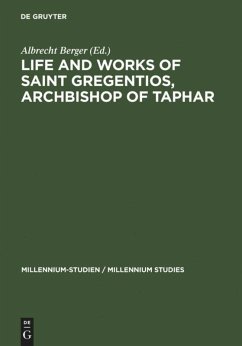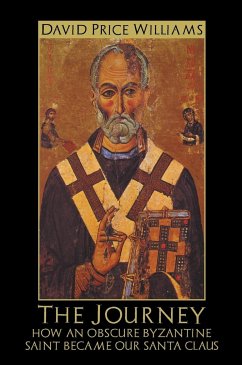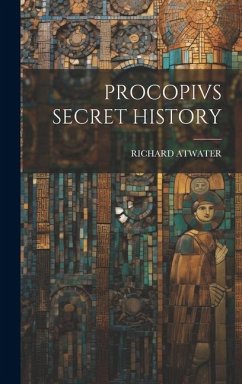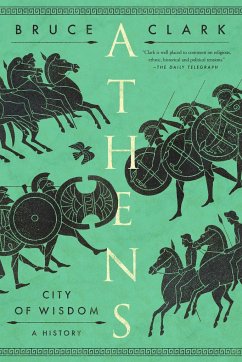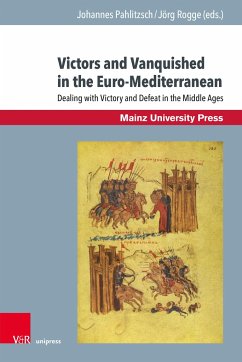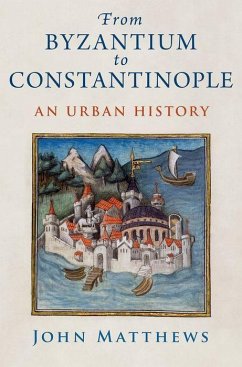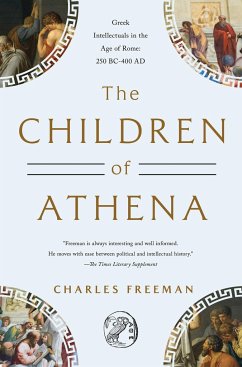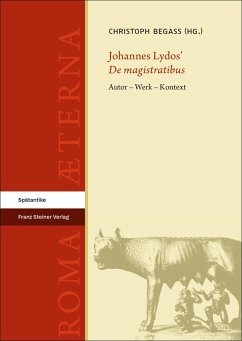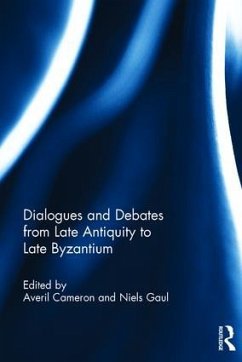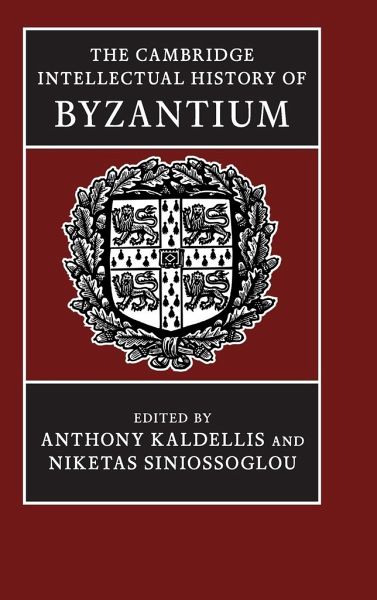
The Cambridge Intellectual History of Byzantium
Versandkostenfrei!
Versandfertig in 1-2 Wochen
177,99 €
inkl. MwSt.
Weitere Ausgaben:

PAYBACK Punkte
89 °P sammeln!
This volume brings into being the field of Byzantine intellectual history. Shifting focus from the cultural, social, and economic study of Byzantium to the life and evolution of ideas in their context, it provides an authoritative history of intellectual endeavors from Late Antiquity to the fifteenth century. At its heart lie the transmission, transformation, and shifts of Hellenic, Christian, and Byzantine ideas and concepts as exemplified in diverse aspects of intellectual life, from philosophy, theology, and rhetoric to astrology, astronomy, and politics. Case studies introduce the major pl...
This volume brings into being the field of Byzantine intellectual history. Shifting focus from the cultural, social, and economic study of Byzantium to the life and evolution of ideas in their context, it provides an authoritative history of intellectual endeavors from Late Antiquity to the fifteenth century. At its heart lie the transmission, transformation, and shifts of Hellenic, Christian, and Byzantine ideas and concepts as exemplified in diverse aspects of intellectual life, from philosophy, theology, and rhetoric to astrology, astronomy, and politics. Case studies introduce the major players in Byzantine intellectual life, and particular emphasis is placed on the reception of ancient thought and its significance for secular as well as religious modes of thinking and acting. New insights are offered regarding controversial, understudied, or promising topics of research, such as philosophy and medical thought in Byzantium, and intellectual exchanges with the Arab world.




